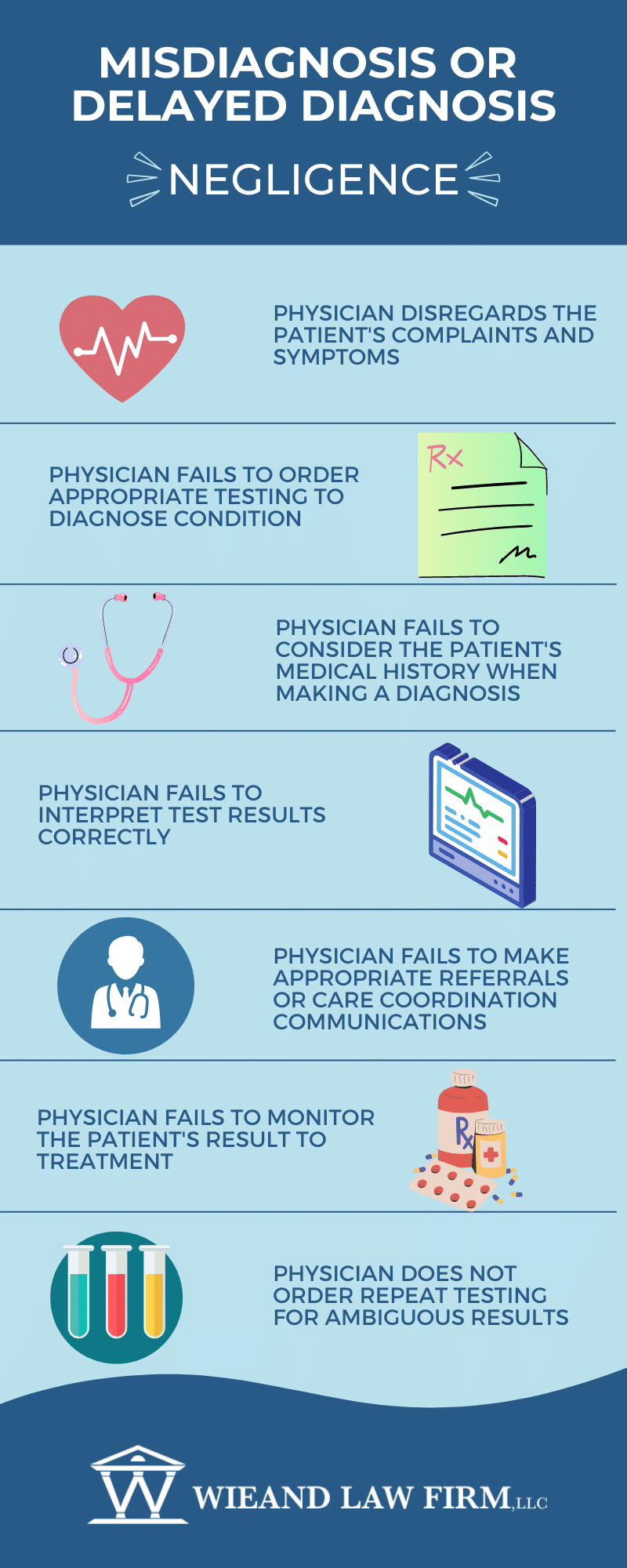 The delayed diagnosis of a spinal cord lesion has resulted a $19.7 million verdict for a Pennsylvania woman, according to Philadelphia delayed diagnosis lawyers. The Philadelphia jury rendered this verdict against Penn Medicine, and it is believed to be the highest medical malpractice verdict in Pennsylvania yet for 2022. The plaintiff in this case alleged that the physician, Dr. Gyi Mo, failed to take her symptoms seriously and respond adequately to her complaints. Philadelphia delayed diagnosis lawyers suggest that juries are apt to feel empathy for plaintiffs who undergo difficulties trying to obtain a proper diagnosis.
The delayed diagnosis of a spinal cord lesion has resulted a $19.7 million verdict for a Pennsylvania woman, according to Philadelphia delayed diagnosis lawyers. The Philadelphia jury rendered this verdict against Penn Medicine, and it is believed to be the highest medical malpractice verdict in Pennsylvania yet for 2022. The plaintiff in this case alleged that the physician, Dr. Gyi Mo, failed to take her symptoms seriously and respond adequately to her complaints. Philadelphia delayed diagnosis lawyers suggest that juries are apt to feel empathy for plaintiffs who undergo difficulties trying to obtain a proper diagnosis.
The plaintiff first visited Dr. Gyi Mo, her primary care physician, and complained of her symptoms in February 2012. Over the next few years, she continued to consult the physician for symptoms such as back pain and neurological issues. She alleged that Dr. Mo failed to order tests to detect the dural arteriovenous fistula. She did not receive her diagnosis until 2017, and by the time she had surgery to treat the malformation, she suffered permanent damage to her spinal cord that resulted in leg spasms, difficulties in walking and incontinence.
The defense responded that the plaintiff’s symptoms were not typical of a dural AV fistula and that her complicated medical history contributed to the challenge of arriving at a diagnosis. They contend that the care Dr. Mo provided was appropriate and timely for all her complaints.
The case was tried before Judge Craig Levin of the Philadelphia Court of Common Please during a two-week trial. Ultimately, the jury delivered a verdict on behalf of the plaintiff, finding the defendant to be 94% causatively negligent for Ms. Melendez’s injuries. They found the plaintiff to be only 6% causatively negligent, stemming from Ms. Melendez losing a referral slip that resulted in a delayed neurologist appointment in 2016.
Philadelphia delayed diagnosis lawyers familiar with the case believe that people in the United States are becoming more aware of systemic issues within the health care system that delay patients from receiving proper care. In this case, it was obvious to the jury that the plaintiff underwent serious difficulties to get her physician to take her complaints seriously and respond to her complaints.
When dealing with serious health conditions, time matters. A misdiagnosis or a delay in diagnosis cause a patient to lose valuable time that could have been spent pursuing effective treatments. The following are examples of situations that may be considered delay in diagnosis:
Not every instance of failure to diagnose a patient’s condition right away is negligent misdiagnosis. Many illnesses can be difficult to diagnose, and it may take several attempts to get to the right diagnosis. The big question is: did your physician act as a reasonable peer professional should in that situation? If the physician failed to act in a way that a reasonable professional would, then they may have acted negligently.
Philadelphia delayed diagnosis lawyers have seen many cases in which the malpractice was both preventable and very dangerous. Patients who receive an incorrect diagnosis may receive the wrong treatment, or possibly no treatment at all. These treatments may cause unnecessary harm and fail to address the real issue. Patients often lose valuable time when a condition is misdiagnosed, resulting in the real condition worsening, or reducing the effectiveness of treatment options after an eventual diagnosis.
Philadelphia medical malpractice lawyers at the Wieand Law Firm have years of experience holding negligent physicians and hospitals liable for delayed or misdiagnosis. Our attorneys have both the experience and the resources to take on large health care systems to fight for injured victims of medical malpractice. Call 215-666-7777 today to speak with an attorney for a free case consultation. We never earn a fee unless we win money for your claim.